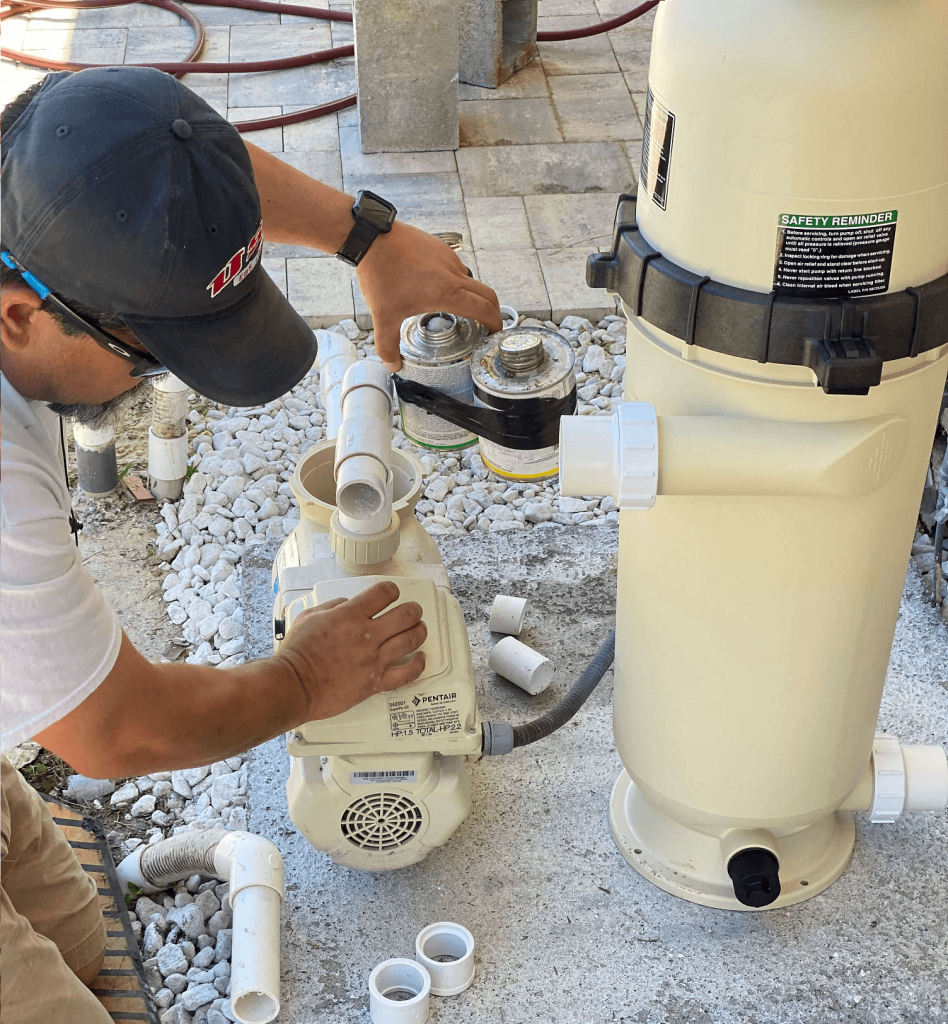Costs Water Softeners: Transforming Difficult Water into Soft, Lavish Comfort
Costs Water Softeners: Transforming Difficult Water into Soft, Lavish Comfort
Blog Article
Understanding the Key Components of Effective Water Filtration Equipments

Importance of Water Purification Equipment
Water purification systems play a critical duty in making certain access to safe and clean alcohol consumption water by properly eliminating impurities and impurities. These systems are essential in resolving the growing problems over water high quality and the possible wellness dangers related to consuming polluted water. By utilizing various filtration devices such as reverse osmosis, triggered carbon, and UV sterilization, water purification systems can successfully remove harmful materials like germs, viruses, hefty steels, and chemicals from the supply of water.
Additionally, water filtering systems help to boost the preference and smell of water by removing chlorine, sediments, and various other pollutants that can impact its top quality. Pump repairs & installation. This enhancement in water top quality not just makes it much more tasty yet also encourages people to consume alcohol an adequate amount of water daily, promoting much better hydration and total health
Kinds Of Filtering Parts

Physical filters are made to literally strain out impurities from the water. These filters can be made from materials like ceramic, carbon, and even sand, and they function by capturing particles larger than the filter's pores as water travels through.
Chemical filters use different chemical procedures to eliminate impurities from the water. Instances consist of turned on carbon filters, which adsorb contaminations, and turn around osmosis membrane layers, which make use of stress to separate pollutants from the water.
Biological filters use living microorganisms like germs or algae to damage down raw material and toxins in the water. These filters are typically utilized in wastewater therapy plants or natural water filtration systems.
Recognizing the various kinds of filtering elements is important for choosing the most suitable water filtration system for details filtration requirements.
Function of Sediment Filters
Debris filters play a crucial duty in water purification systems by successfully catching solid fragments put on hold in the water. These filters are normally the very first line of defense in a purification system, getting rid of larger particles such as sand, silt, dust, and rust before the water relocates with finer filtration phases. By trapping these debris, the filters avoid them from reaching downstream components, therefore prolonging the lifespan and performance of the entire system.
Disregarding this maintenance can lead to blocking, lowered water flow, and jeopardized purification efficiency. Generally, debris filters are essential parts that contribute considerably to the efficiency of water purification systems.
Role of Triggered Carbon Filters
Playing a This Site vital duty in water purification systems, triggered carbon filters are critical in getting rid of pollutants and pollutants from the water supply. As water passes with the filter, the triggered carbon holds and attracts onto the impurities, guaranteeing that the water that comes out on the other side is cleaner and safer for intake.
Triggered carbon filters are highly effective at improving the preference and odor of water by reducing chemicals that can influence its high quality. Due to their flexibility and integrity, triggered carbon filters are a key part in guaranteeing that water is purified to the highest possible requirements before getting to consumers.
Recognizing Reverse Osmosis Solutions
Reverse osmosis systems are advanced water filtering systems that employ an innovative process to get rid of impurities and contaminations from drinking water. These systems work by using pressure to the water, requiring it with a semi-permeable membrane layer. This membrane functions as a barrier, permitting only distilled water molecules to pass through, while obstructing larger particles such as minerals, chemicals, and various other impurities. Because of this, the water that comes out beyond is dramatically cleaner and safer for consumption.
One secret advantage of reverse osmosis systems is their capacity to get rid of a wide variety of contaminants, including heavy metals, dissolved germs, infections, and solids. This makes them extremely efficient in enhancing the general high quality and security of drinking water. Furthermore, reverse osmosis systems are relatively low-maintenance and can be installed under the sink or in a central filtration system, providing hassle-free accessibility to tidy water throughout the house. On the whole, recognizing just how reverse osmosis systems function can assist individuals make educated choices regarding their water filtering requirements.
Verdict
Finally, efficient water filtration systems are crucial for ensuring tidy and risk-free alcohol consumption water. The crucial elements of these systems consist of debris filters, activated carbon filters, and turn around osmosis systems. By understanding the feature and function of each component, people can make informed choices when selecting a water purification system. It is essential to focus on navigate to this website the high quality of water in order to advertise general health and health.
Water filtering systems play an essential duty in ensuring accessibility to secure and clean drinking water by properly removing pollutants and impurities. By making use of various filtering devices such article source as reverse osmosis, activated carbon, and UV sterilization, water filtering systems can successfully eliminate damaging materials like bacteria, viruses, hefty steels, and chemicals from the water supply.
Debris filters play an essential function in water filtering systems by properly recording strong particles suspended in the water (Water Treatment).Playing a critical role in water filtration systems, activated carbon filters are important in removing pollutants and pollutants from the water supply.Reverse osmosis systems are sophisticated water filtering systems that use an innovative procedure to get rid of impurities and contaminations from alcohol consumption water
Report this page